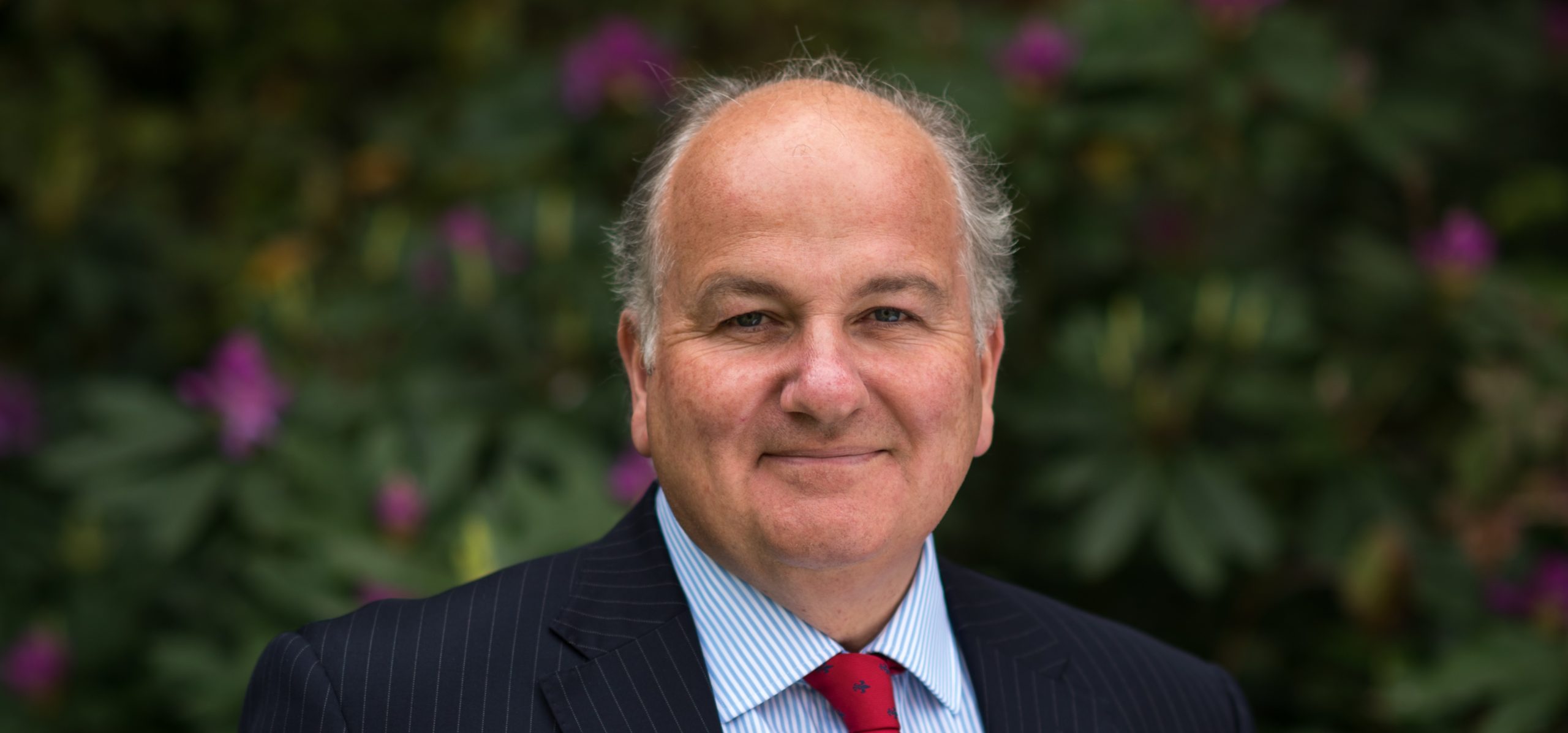The quick answer
Bankruptcy means your financial affairs will be handled by a Trustee in Bankruptcy. The objective of the trustee is to sell your assets to repay your creditors. Your bank accounts will be frozen. Your home or share in it may be sold to do this. Your credit rating will be very badly affected and it will stay on file for at least six years with credit reference agencies.
In more detail
Becoming Bankrupt
There are two reasons why you may be declared bankrupt. One is because you make yourself bankrupt and the other is where you are forced into bankruptcy by one of your creditors.
If you make yourself bankrupt you will do this to clear your debts and probably because you have very few assets. There is a Court fee and deposit to be paid of £680 to make yourself bankrupt.
Upon being made bankrupt, you will be asked to attend a meeting with a civil servant from the Insolvency Service who will initially act as your Trustee in Bankruptcy. This usually lasts about one or two hours and involves them asking you about your assets, liabilities, how you got into financial difficulty and lastly what you are earning now.
They will then assess which of your assets should be sold in order to pay back your creditors. They will also decide if you should make monthly income contributions from your wages or salary. If they do this,they still have to leave you enough income to live on.
This claim on your income, called an Income Payments Agreement, may last up to 36 months (even if your bankruptcy only lasts for 12 months).
Usually you will be automatically discharged from bankruptcy after 12 months even though you may still have a Trustee in Bankruptcy because assets still have to be sold.
A Word Of Advice
If you go bankrupt and own or share ownership of your home, you may be forced to sell it to repay your creditors. There are unusual rules though that may protect you, especially if the house is jointly owned, so it usually worthwhile to take professional advice.



